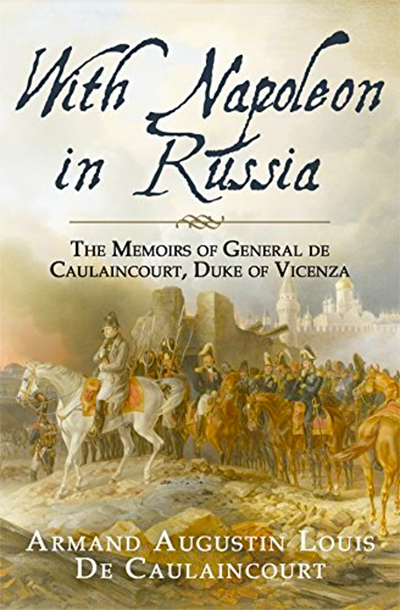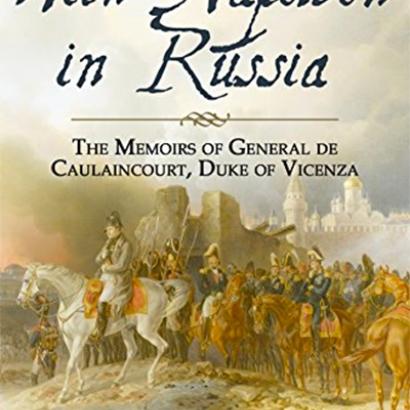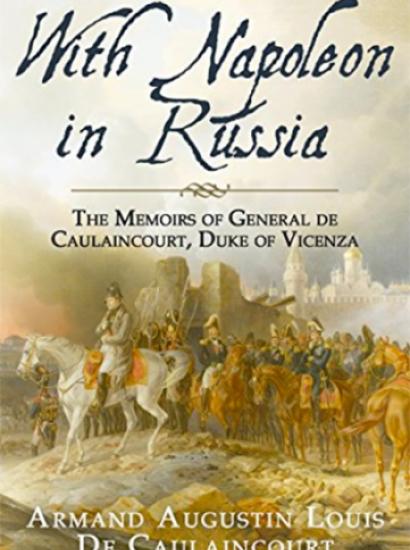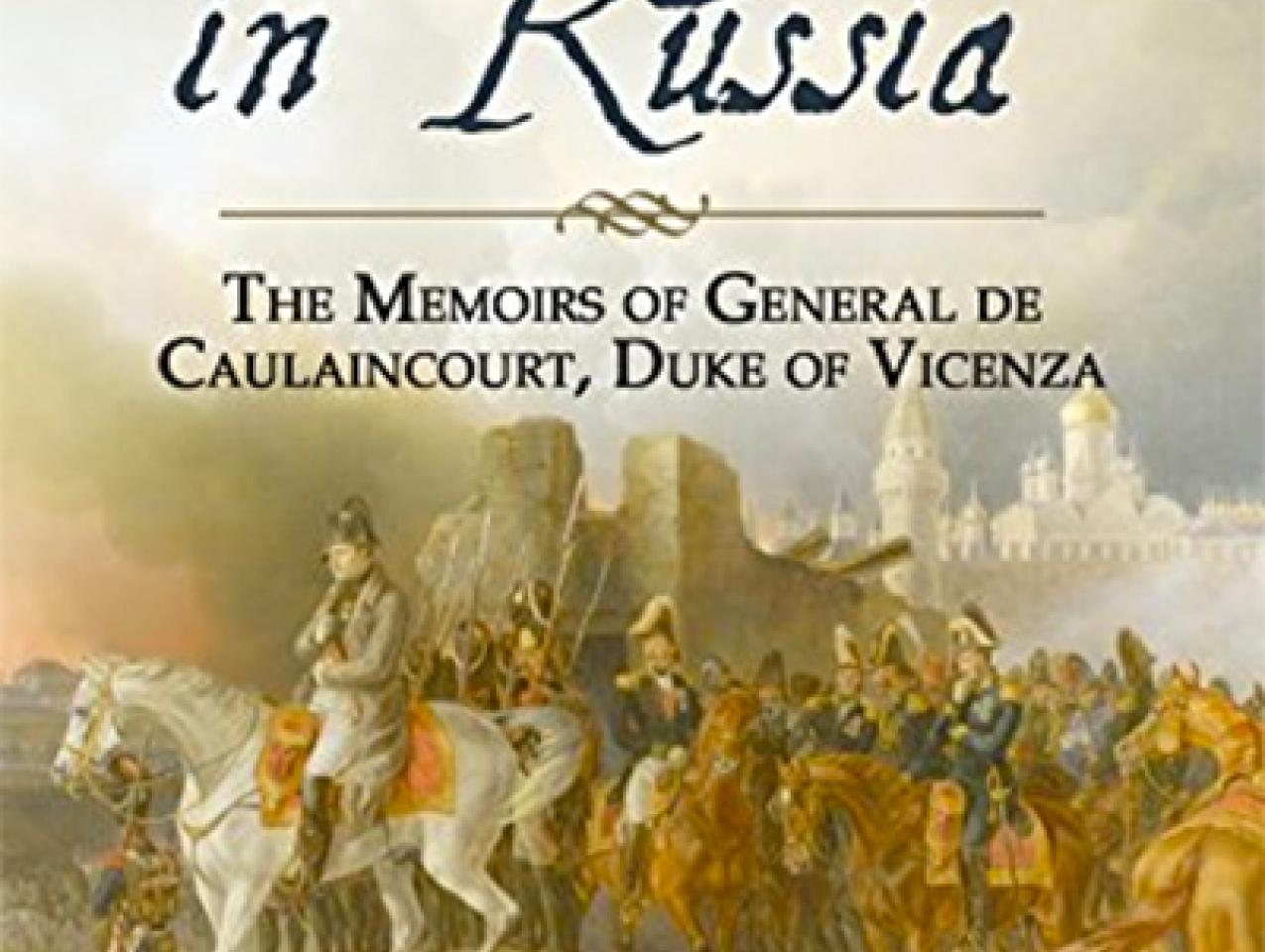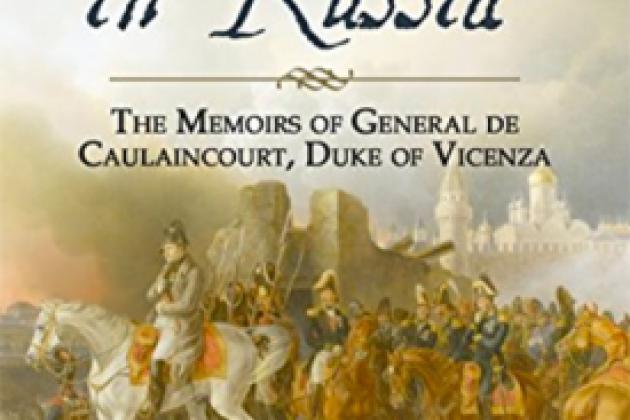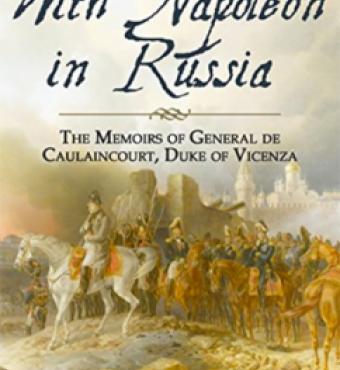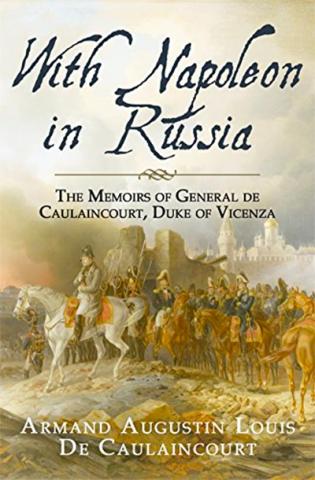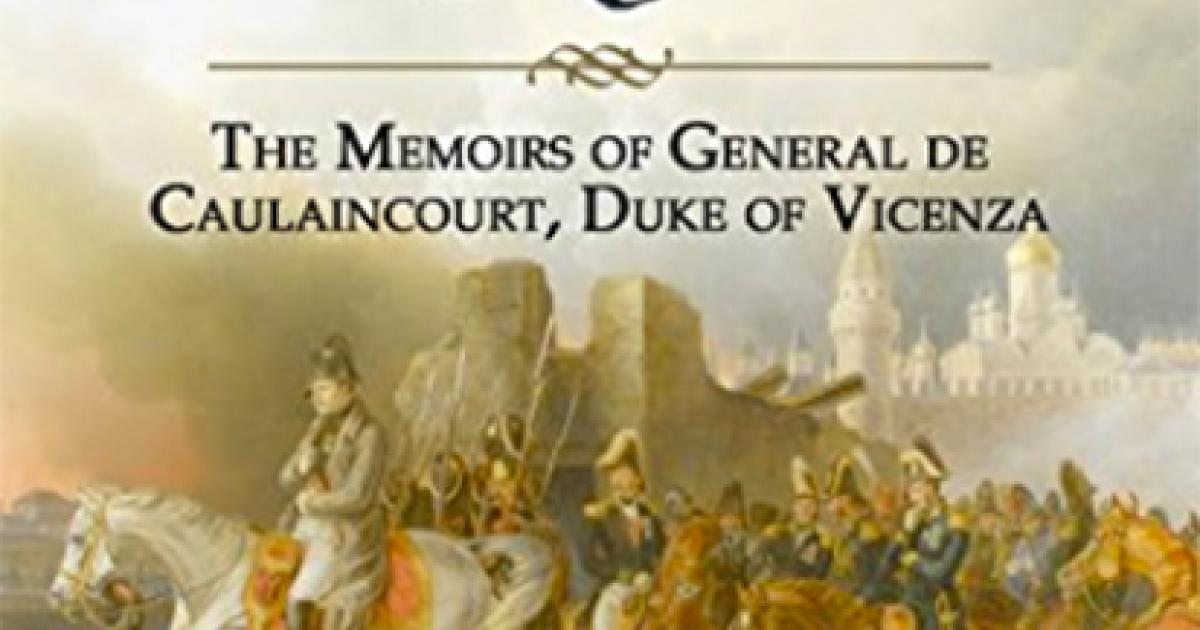- History
Armand Augustin Louis de Caulaincourt, Duke of Vicenza and Master of the Horse to Napoleon, came from an ancient Picardy family and was the son of a general. He was a sixteen-year-old soldier when the French Revolution broke out, but survived despite his noble background. He saw active service under General Hoche, but was recognized as being well-suited to diplomacy, and was sent on a mission to St Petersburg in 1801 by the French foreign minister, Charles-Maurice de Talleyrand, before becoming one of Napoleon’s aides-camps. Sent back to St. Petersburg as French Ambassador in 1807, Caulaincourt was responsible for the difficult task of keeping the Peace of Tilsit between Napoleon and Tsar Alexander I. “There are moments when an honest man could wish himself dead,” he observed about his mission.
Because he knew the Tsar well, Napoleon took Caulaincourt on the 1812 Campaign, even though the Emperor (wrongly) suspected him of sympathizing with the Russians over his own countrymen. This book is Caulaincourt’s extraordinary first-hand account of the campaign, and in particular of Napoleon’s part in it, replete with believable reports of Napoleon’s conversations. When, after the defeat was manifest and irreversible, Napoleon had to make his dash back to Paris, there was space for only one other passenger in his sled, and the man he chose to take it was Caulaincourt.
Throughout the journey home, Napoleon expounded his hopes and fears to Caulaincourt, who diligently recorded them, making this easily the best first-hand account of the Emperor during the 1812 Campaign. “Everything turned out badly,” Napoleon told Caulaincourt on one occasion, “because I stayed too long at Moscow. If I had left four days after I occupied it, as I thought of doing when I saw the town in flames, the Russians would have been lost. The Tsar would have been only too glad to have accepted the generous peace which I then should have offered at Vitebsk. Even from Vilnius, if the cold hadn’t robbed me of my army, I should have dictated the terms of peace.”
Caulaincourt’s book is one of the great first-hand accounts of military history—in this case of one of the most catastrophic defeats in the history of warfare—and it still exhibits a remarkable contemporaneous freshness over two centuries later. “My notes were made everywhere,” he records, “at my desk and in camp, every day and at all times of day; they are the work of every moment.” Their objectivity is underlined by the fact that they were not intended to be published in Napoleon’s or Caulaincourt’s lifetime, and indeed were not until 1935.







